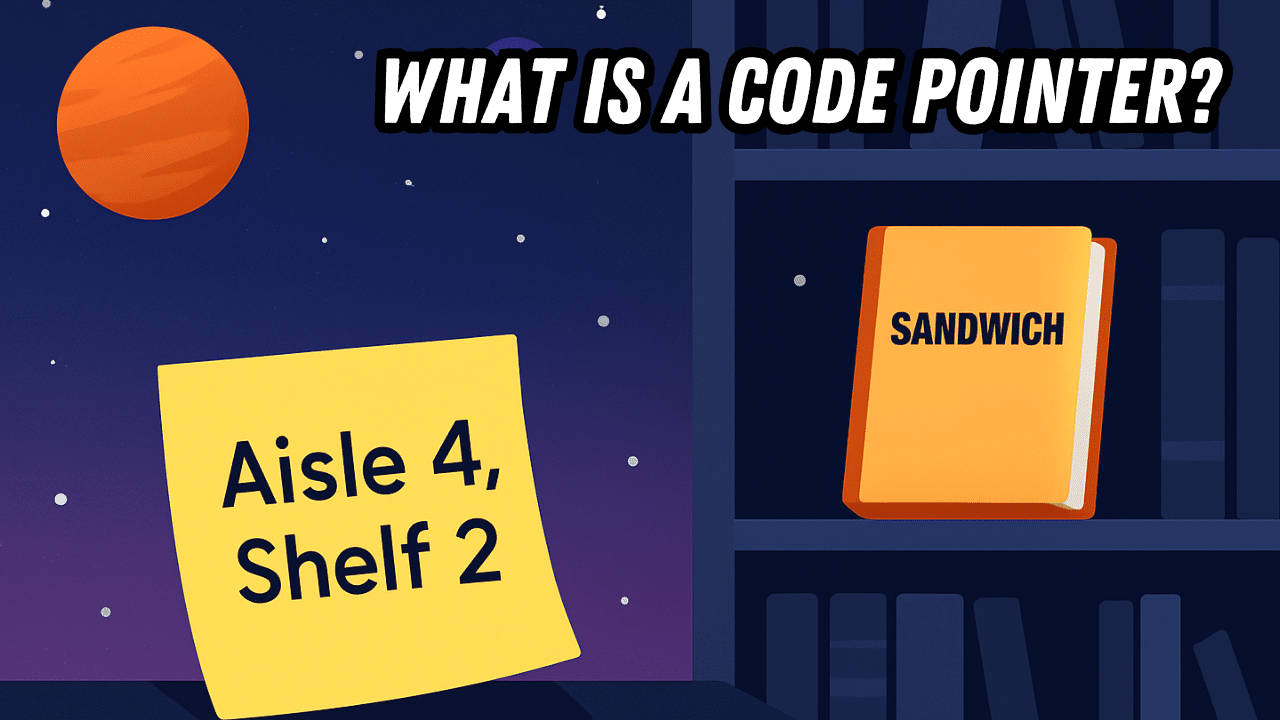
3 December 2024
The UK’s Move Towards USB-C.

Today, we’re tackling a common conundrum: chargers. Why so many different ones? And is the UK finally moving towards a universal solution, or will things stay tangled? Let’s dive into the ongoing debate over USB-C.
Why USB-C?
USB-C wasn’t always the go-to. We’ve seen everything from mini-USBs to proprietary cables like Apple’s Lightning. But USB-C arrived with a vision: one cable to charge everything. This port is versatile, offering faster charging, quicker data transfers, and a reversible design—no more fiddling in the dark to get it right! But, not all USB-C ports offer the same capabilities. For instance, a MacBook’s USB-C might support Thunderbolt technology, allowing super-fast data speeds and even external graphics card support. Your budget smartphone’s USB-C? It may only offer basic functionality. So, while the USB-C port might be universal, what it can do varies widely.
Is the UK on board?
With the EU already mandating USB-C, the UK is considering doing the same. If adopted, the standard could mean fewer chargers and less clutter. But in reality, companies are already making the switch due to global trends. Apple, for example, has dropped its proprietary Lightning cable for USB-C with the iPhone 15. So, UK regulations may not be a game-changer here.
The environmental impact
One key argument for a USB-C standard is cutting down e-waste. It’s estimated that there are 600 million unused cables lying around in the UK! A universal standard could reduce this number by lessening the need for multiple chargers. However, as people toss older cables, we might see an initial spike in e-waste.
The innovation dilemma
Standardisation could also slow innovation. Imagine if we’d settled on a single charger a decade ago—would USB-C even exist? There’s a risk that locking into one standard could stifle manufacturers from developing new technologies.
So, will USB-C rule them all?
It seems likely that USB-C will be the global standard for now, whether the UK enforces it or not. While it simplifies things, USB-C doesn’t solve every issue—charging speeds and capabilities still vary. So, don’t throw out those old chargers just yet. They might still come in handy!
Ready to learn more?
For a deeper dive into the UK’s tech scene and more tech insights, watch The Lesson Hackers video on this topic HERE.
Be sure to visit our website for more insights into the world of technology and for the best teaching resources for computer science and business studies. Stay informed, stay curious!










